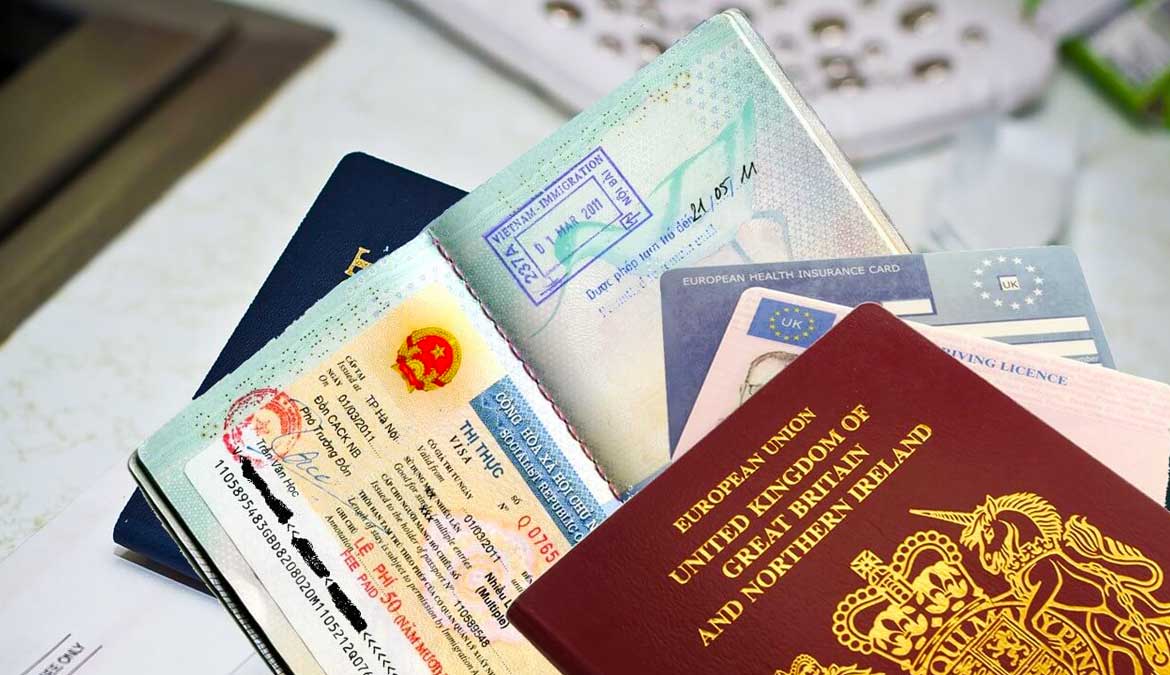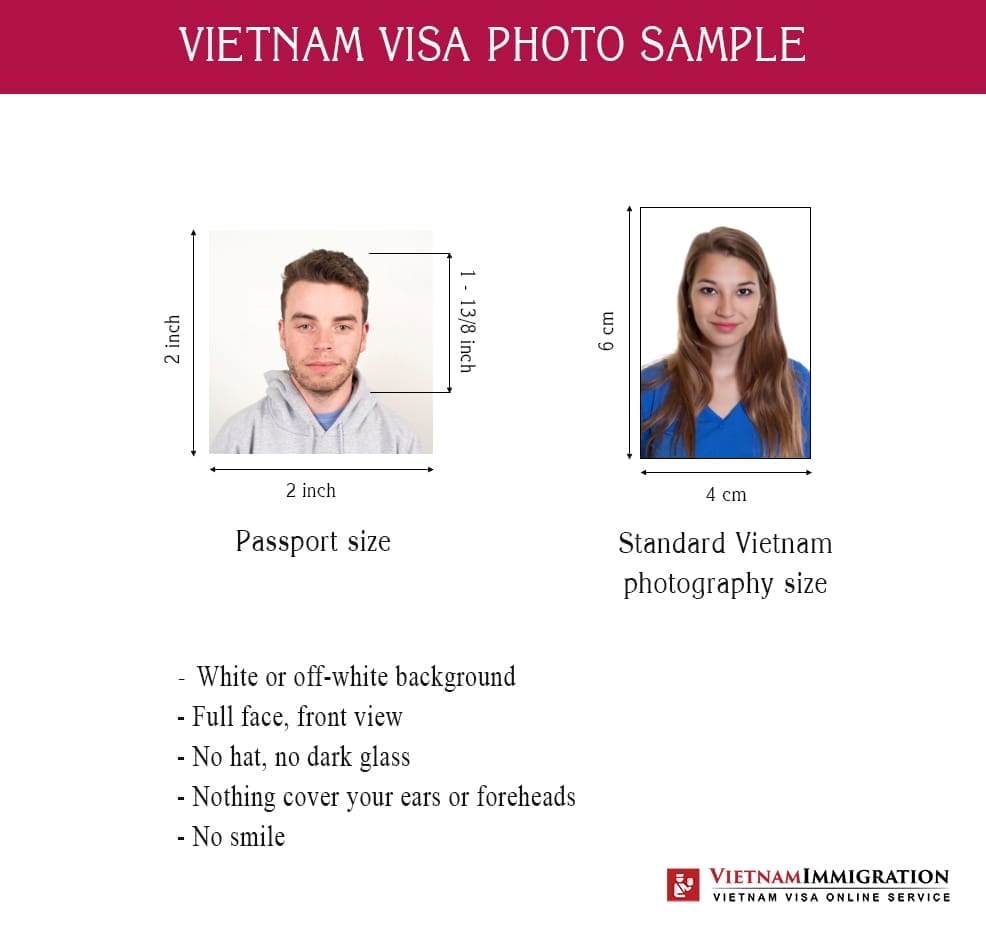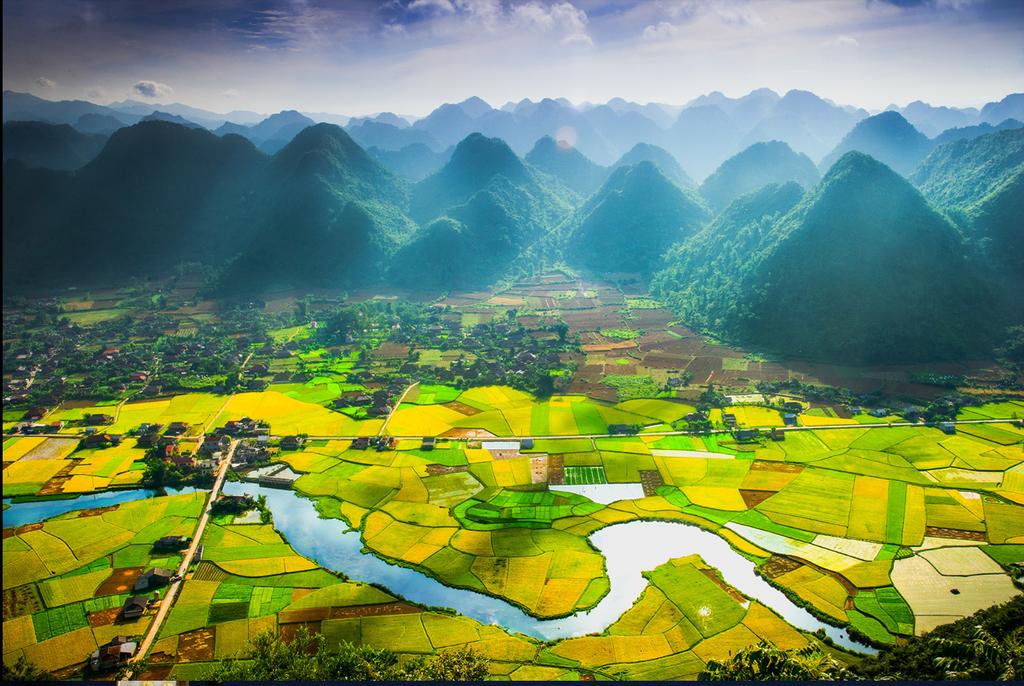Traveling to Vietnam offers an opportunity to explore its rich history, stunning landscapes, and vibrant culture. Before embarking on your journey, securing the appropriate visa is essential. This guide provides a comprehensive overview of the general requirements for obtaining a Vietnam visa, ensuring a smooth and hassle-free process.
1. Understanding the Different Types of Vietnam Visas
Choosing the correct type of visa is the first step in the application process. The visa you require will depend on the purpose of your visit, the length of your stay, and your nationality.
1.1 Tourist Visa (DL)
The Tourist Visa is designed for those visiting Vietnam for tourism purposes. It typically allows a stay of up to 30 days, with an option to extend for an additional 30 days if needed.

1.2 Business Visa (DN)
The Business Visa is intended for travelers coming to Vietnam for business-related activities, such as attending meetings, conferences, or exploring business opportunities. This visa generally permits a longer stay, ranging from one to three months.
1.3 Work Visa (LD)
The Work Visa is required for foreign nationals who have secured employment in Vietnam. Issued based on a work permit, it allows the holder to remain in the country for the duration of their employment contract.
1.4 Student Visa (DH)
The Student Visa is for individuals planning to study in Vietnam. Typically issued to students enrolled in educational institutions within the country, this visa is valid for the duration of their course.
1.5 Diplomatic and Official Visas (NG1-NG4)
Diplomatic and Official Visas are provided to diplomats, government officials, and their accompanying family members. These visas are issued based on diplomatic or official duties and responsibilities.
2. General Requirements for a Vietnam Visa
To apply for a Vietnam visa, several general requirements must be met. These requirements can vary slightly depending on the type of visa you are applying for, but the basic prerequisites include:
2.1 Valid Passport
Your passport must be valid for at least six months beyond your planned date of entry into Vietnam. Additionally, it should have at least two blank pages for visa stamps.
2.2 Completed Visa Application Form
You must complete the appropriate visa application form, which can be done online through Vietnam’s official immigration website or at the nearest Vietnamese embassy or consulate. Ensure that all information is accurate and matches your passport details.
2.3 Passport-Sized Photos
Two recent passport-sized photos are generally required for your visa application. These photos should meet specific requirements, such as size (4×6 cm), background color, and photo quality.

2.4 Visa Fee Payment
A visa processing fee is required and must be paid at the time of application. The fee varies depending on the type of visa, processing time, and where you apply (online or at an embassy/consulate). Make sure to confirm the exact fee before submitting your application.
2.5 Supporting Documents
Depending on the type of visa, you may need to provide additional supporting documents. For example:
- Tourist Visa: Itinerary, hotel bookings, or a letter of invitation (if applicable).
- Business Visa: A letter of invitation or sponsorship from a Vietnamese business partner or company.
- Work Visa: A valid work permit and a letter of employment from a Vietnamese employer.
- Student Visa: An acceptance letter from a Vietnamese educational institution.
3. Visa Application Process
The process for obtaining a Vietnam visa can vary depending on your nationality and where you apply. Generally, there are two main methods: applying online (Visa on Arrival or e-Visa) or through a Vietnamese embassy or consulate.
3.1 Visa on Arrival (VOA)
Visa on Arrival is a convenient option for travelers arriving in Vietnam by air. To apply, you must first obtain an approval letter from a licensed Vietnamese travel agency. Upon arrival at one of the designated airports, you present the approval letter, passport, photos, and the visa fee to receive your visa stamp.
3.2 E-Visa
The E-Visa allows eligible nationals from certain countries to apply online for a 30-day single-entry visa. The application process is straightforward, involving the submission of personal information, passport details, and the visa fee online. Once approved, the E-Visa is emailed to you, and you can present it upon arrival in Vietnam.

3.3 Embassy or Consulate Application
For those who prefer to have their visa before departure, applying through a Vietnamese embassy or consulate is an option. This method involves submitting your application form, passport, photos, and visa fee directly to the embassy or consulate. Processing times can vary, so it’s advisable to apply well in advance of your travel date.
4. Special Considerations
4.1 Visa Exemptions
Some nationalities are eligible for visa exemptions, allowing them to enter Vietnam without a visa for a specific period, typically ranging from 15 to 90 days. It’s important to check whether your nationality qualifies for this exemption and the conditions that apply.
4.2 Extending Your Visa
If you wish to extend your stay in Vietnam beyond the validity of your current visa, you can apply for a visa extension through the immigration office in Vietnam. Extensions are not guaranteed and depend on the type of visa and your nationality.
4.3 Re-Entry Permits
For travelers who plan to leave and re-enter Vietnam during their trip, a multiple-entry visa or a re-entry permit is required. Ensure you have the appropriate visa type if your itinerary includes multiple entries into the country.
5. FAQs
1. What are the general requirements for obtaining a Vietnam visa?
You will need a valid passport, completed visa application form, passport-sized photos, visa fee payment, and any required supporting documents.
2. How do I apply for a Vietnam visa?
You can apply online for a Visa on Arrival or E-Visa, or through a Vietnamese embassy or consulate.
3. Can I extend my Vietnam visa once I’m in the country?
Yes, you can apply for a visa extension through the immigration office in Vietnam, though approval is not guaranteed.
4. Do I need a visa for a short visit to Vietnam?
Some nationalities are eligible for visa exemptions, allowing short visits without a visa. Check if your nationality qualifies.
5. What type of visa should I apply for if I’m going to Vietnam for business?
You should apply for a Business Visa (DN), which allows for longer stays and is suitable for business-related activities.
6. Conclusion: Prepare for Your Vietnam Adventure
Securing the appropriate visa is a crucial step in planning your trip to Vietnam. By understanding the general requirements and choosing the right visa type, you can ensure a smooth entry into the country and focus on enjoying your adventure.
For those planning a motorbike tour in Vietnam, consider booking with Vietnam Motorbike Tour. They offer comprehensive support, including visa assistance, ensuring you have everything you need for a hassle-free journey.
Embark on your Vietnamese adventure with confidence, knowing you’re fully prepared with the right visa and the best travel plans.






